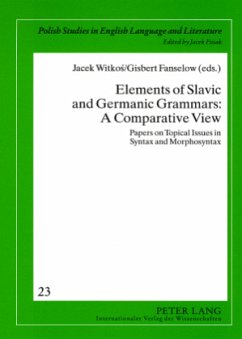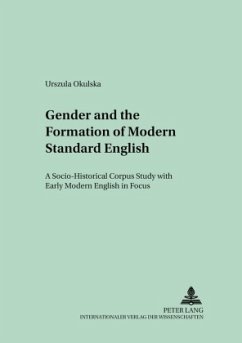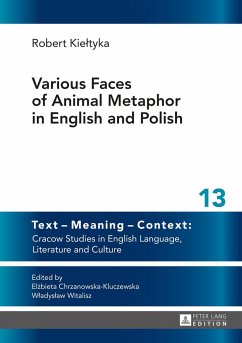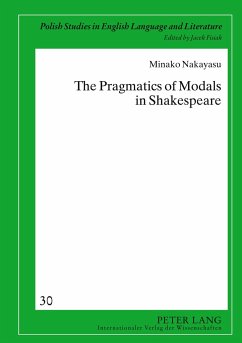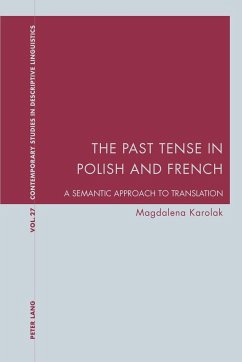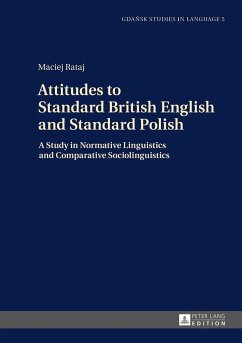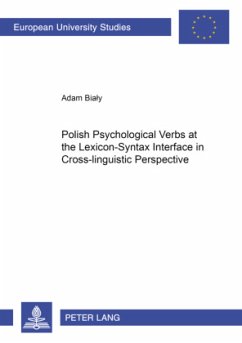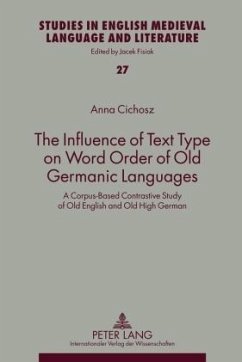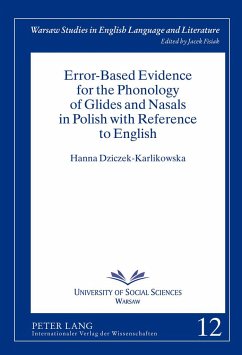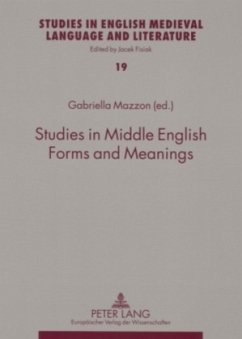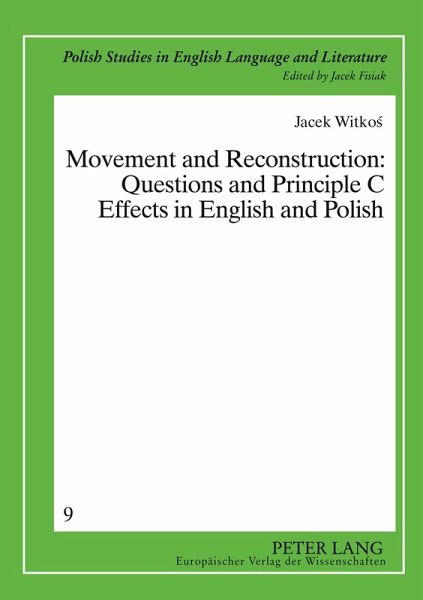
Movement and Reconstruction: Questions and Principle C Effects in English and Polish
Versandkostenfrei!
Versandfertig in 6-10 Tagen
78,95 €
inkl. MwSt.

PAYBACK Punkte
0 °P sammeln!
This book addresses an old observation that complex interrogative constituents moved to the left periphery of the clause display dual properties with respect to principles of Chomsky's Binding Theory; in some cases the displaced constituent feeds Principle C while in others it does not. This account of the relationship between syntactic movement and its undoing (Reconstruction) for the purpose of establishing coreference relations involving pied-piped nominal phrases is based on certain refinements of ideas proposed in Lebaux (1988, 1992), Freidin (1986), Chomsky (1993) and Safir (1999). We as...
This book addresses an old observation that complex interrogative constituents moved to the left periphery of the clause display dual properties with respect to principles of Chomsky's Binding Theory; in some cases the displaced constituent feeds Principle C while in others it does not. This account of the relationship between syntactic movement and its undoing (Reconstruction) for the purpose of establishing coreference relations involving pied-piped nominal phrases is based on certain refinements of ideas proposed in Lebaux (1988, 1992), Freidin (1986), Chomsky (1993) and Safir (1999). We assume that differences between Reconstruction (feeding of Principle C) and the anti-Reconstruction effects (amelioration of Principle C) result from two processes: the point of introduction of a given category into the phrase marker and vehicle change of Safir (1999). The former factor distinguishes between arguments and adjuncts, while the latter replaces a name embedded in an overtly moved interrogative phrase with its pronominal correlate.



